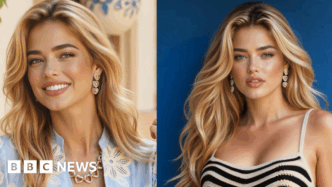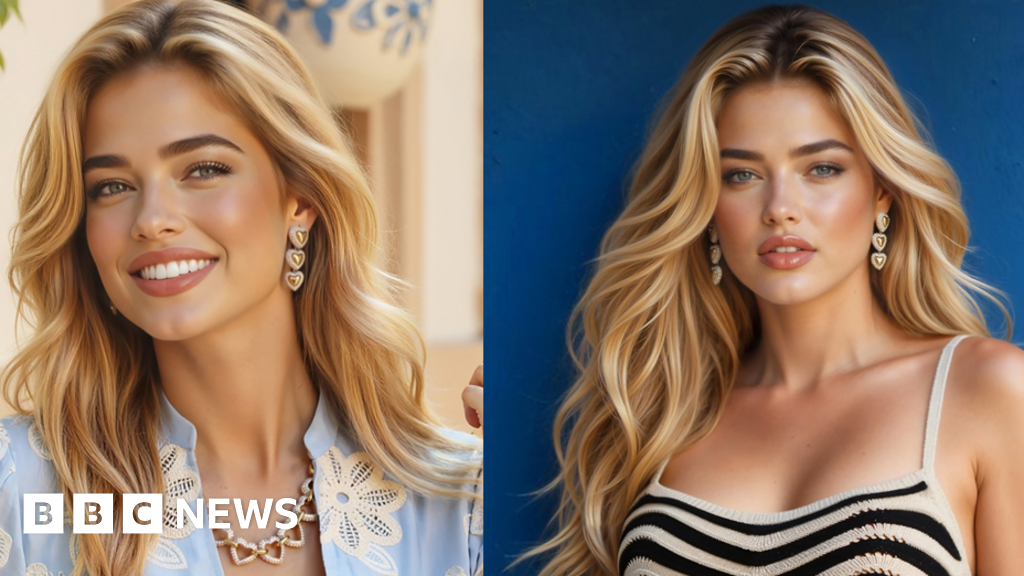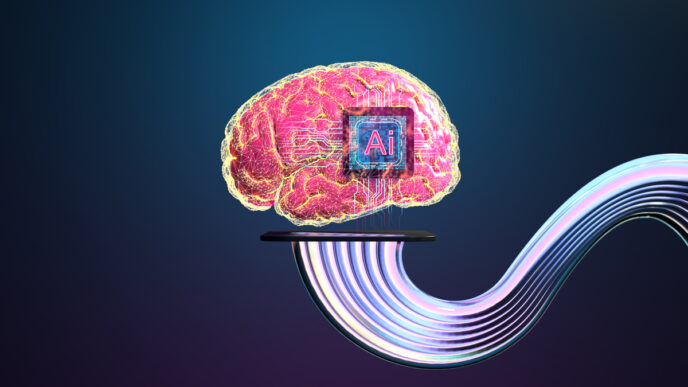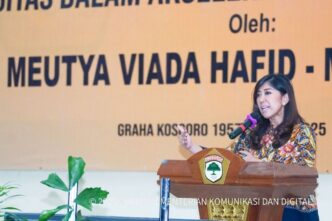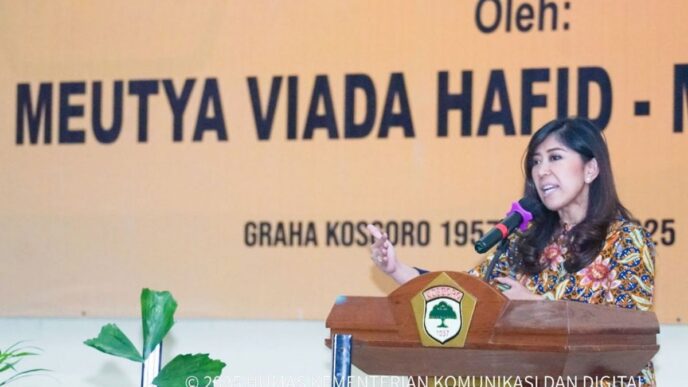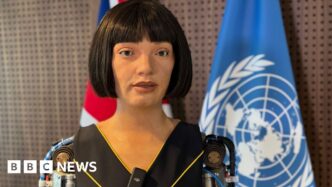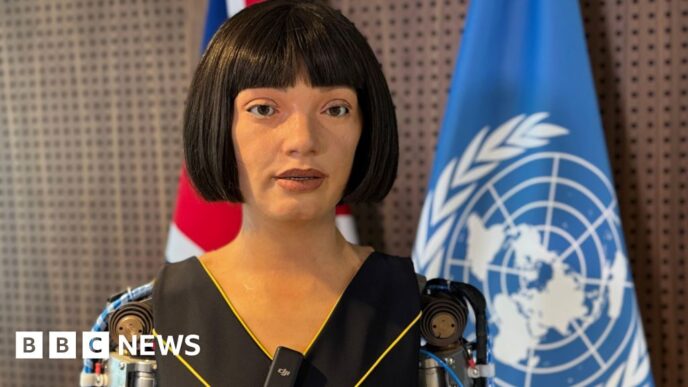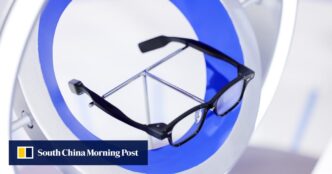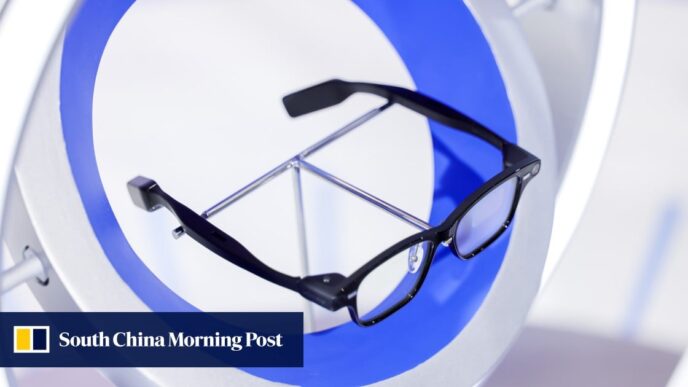Guess is sparking backlash for running an AI-generated supermodel ad in Vogue‘s August print edition. The flawless blonde model rocking Guess’s summer collection isn’t real—she was created by AI firm Seraphinne Vallora.
This marks Vogue’s first AI model ad, though the magazine says the decision wasn’t editorial. The tiny AI disclosure in the ad has many calling for clearer labeling, as the lifelike image risks pushing unrealistic beauty standards.
Seraphinne Vallora founders Valentina Gonzalez and Andreea Petrescu say Guess co-founder Paul Marciano approached them on Instagram. They created 10 drafts, and Guess picked a brunette and a blonde to develop for its campaign. The process takes up to a month and can cost low six figures.
Plus-size model Felicity Hayward slammed the move as “lazy and cheap,” warning AI models will hurt diversity gains. Hayward said on the industry’s recent progress:
“Either Guess is doing this to create a talking point and get free publicity or they want to cut costs and don’t think about the implications of that.”
“The fashion world was making real progress to be more inclusive in the 2010s… But in recent years, these people are just not getting booked any more.”
“The use of AI models is another kick in the teeth, and one that will disproportionately affect plus-size models.”
Seraphinne Vallora admits their Instagram mostly features conventional beauty because users don’t engage with diverse AI models. They haven’t created plus-size AI figures yet, claiming “the technology is not advanced enough for that.”
Dove’s 2024 ad exposed AI bias—a request for the most beautiful woman generated nearly identical images of young, thin, white women with blonde hair and blue eyes, similar to Guess’s AI model.
Beat CEO Vanessa Longley called the Vogue ad “worrying,” citing risks to mental health and eating disorders from unrealistic body images.
Former model and tech entrepreneur Sinead Bovell criticized the subtle AI label:
“Not labelling AI content clearly is exceptionally problematic because it could have a detrimental impact on people’s mental health.”
“Beauty standards are already being influenced by AI. There are young girls getting plastic surgery to look like a face in a filter – and now we see people who are entirely artificial.”
Sara Ziff, founder of Model Alliance, described Guess’s campaign as “less about innovation and more about desperation and need to cut costs.” She said AI could help the industry if proper worker protections exist.
Seraphinne Vallora argues AI models “supplement, not replace” real models and that real photoshoots with models and photographers remain part of the process. Yet their site touts AI’s cost efficiency by cutting expenses like makeup artists, venues, and travel.
Vogue faces social media criticism for running the ad. One X user wrote:
“Wow! As if the beauty expectations weren’t unrealistic enough, here comes AI to make them impossible. Even models can’t compete.”
Bovell said Vogue running the ad signals acceptance:
“Vogue is seen as the supreme court of the fashion industry,so allowing the AI advert to run means they are in some way ruling it as acceptable.”
Vogue and Guess declined further comment beyond confirming the ad wasn’t an editorial choice.
Looking ahead, Seraphinne Vallora expects demand for AI models to grow as technology improves. Bovell predicts AI models will increase too but believes real models won’t vanish.
She sees AI opening doors for consumers to create personal fashion avatars, though public interest may wane if AI beauty remains too unattainable.
Guess’s AI campaign marks a turning point—and a fight over the future of fashion’s face.
